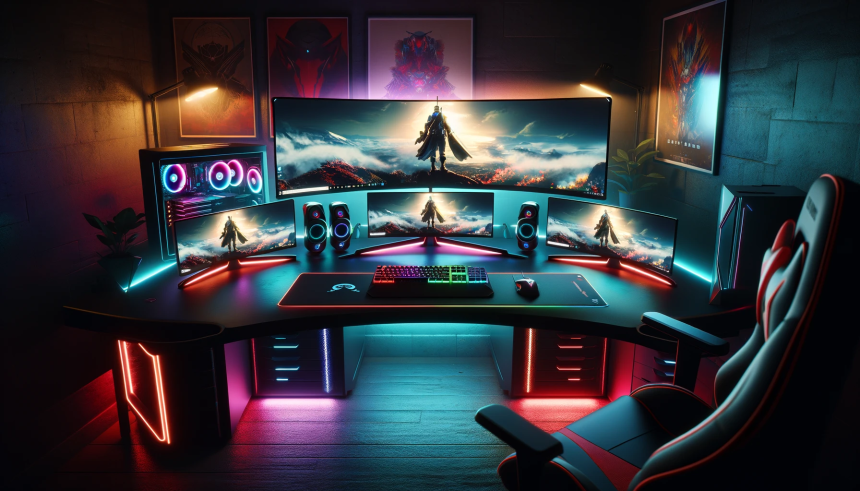After over a decade away from the spotlight, RedOctane—the company once at the heart of the Guitar Hero phenomenon—has resurfaced under the slightly new name RedOctane Games. Now owned by Embracer Group’s Freemode division, the studio is headed by Simon Ebejer, with original founders Charles and Kai Huang advising. As nostalgia for rhythm games endures, RedOctane Games is positioning itself to appeal both to past fans and a new generation of players. Hints at a different approach suggest the studio wants to innovate, rather than rest on its legacy popularized by Guitar Hero and DJ Hero.
RedOctane’s reemergence draws attention given the rhythm genre’s highs and lows over the last 15 years. Market saturation and reliance on costly peripherals eroded the appeal of Guitar Hero, DJ Hero, and Band Hero, despite their massive early successes and even celebrity collaborations. Efforts to revive the formula, such as Activision’s 2015 Guitar Hero Live, failed to reignite widespread interest. The closure of RedOctane in 2010 marked an end not just for a company, but for a period dominated by music-based gaming sensations.
What is RedOctane Games Planning?
RedOctane Games is currently developing a new rhythm game. It will not be a direct sequel or reboot of Guitar Hero, DJ Hero, or Band Hero, nor will it mimic predecessors like Guitar Freaks. Instead, the studio describes the project as something entirely new, with a significant emphasis on integrating community feedback and creativity. CEO of Freemode, Lee Guinchard, said,
“This game won’t be Guitar Hero, DJ Hero, Guitar Freaks or Rock Band,”
highlighting the shift from established formulas.
Who Are the Key Figures Behind the Revival?
At the helm is Simon Ebejer, who played a production role in Neversoft’s Guitar Hero development. He is joined by RedOctane’s original founders as advisors, ensuring continuity with the brand’s origins but supporting fresh ideas from newer talent. The studio comprises former developers experienced in rhythm game hits and new contributors active in today’s rhythm gaming community.
“Rhythm games are about more than just gameplay, they’re about feel, flow, and connection to the music and to each other,”
Ebejer said when outlining the renewed vision for the brand.
How Will the New Game Stand Out?
Positioning itself apart from classic rhythm franchises, RedOctane Games aims to build a title rooted in community engagement and a modern interpretation of music interaction. The studio points to evolving technology and the diverse interests of rhythm game players as factors shaping the project’s development. There is a clear desire to adapt, acknowledging past successes and mistakes, such as annualized releases and expensive hardware requirements that contributed to the earlier decline of the genre.
Interest in music-driven games has cycled through periods of popularity and decline, often correlating with hardware trends and accessibility. Compared to earlier coverage, which focused on the demise of the genre and risky business decisions, this announcement marks a cautious but optimistic approach. Sharing leadership responsibilities between original veterans and emerging talent may facilitate both innovation and respect for the genre’s roots. The strategy of soliciting feedback draws on lessons from community-driven titles, which have in some cases resulted in longer-lasting engagement.
Looking towards the official reveal later in the year, much remains unknown about what RedOctane Games will bring to the market. Notably, the focus on community could help the company avoid pitfalls that plagued its former output, while a departure from peripheral-heavy gameplay may improve accessibility. For readers considering how rhythm games might re-enter popular consciousness, keeping an eye on how RedOctane balances heritage and novelty will provide insight into whether the genre can retain relevance. Paying attention to community-driven design processes and technological adaptation may offer a roadmap for longevity not just for rhythm games but other niche genres seeking revival.










